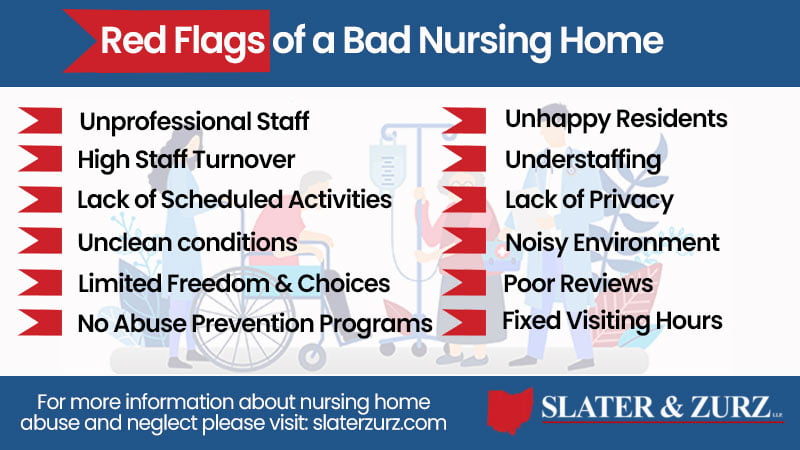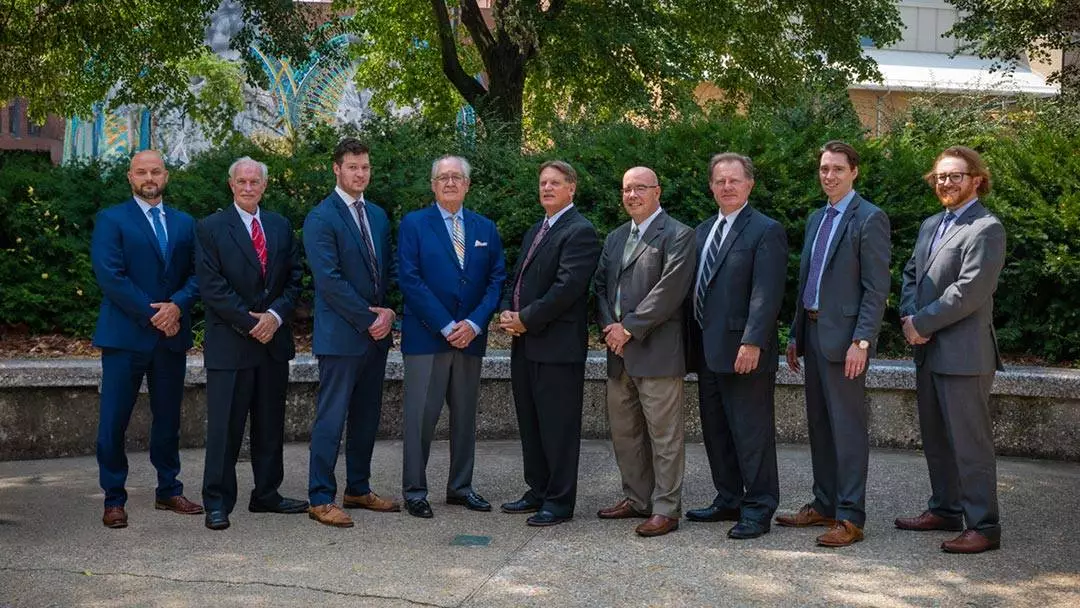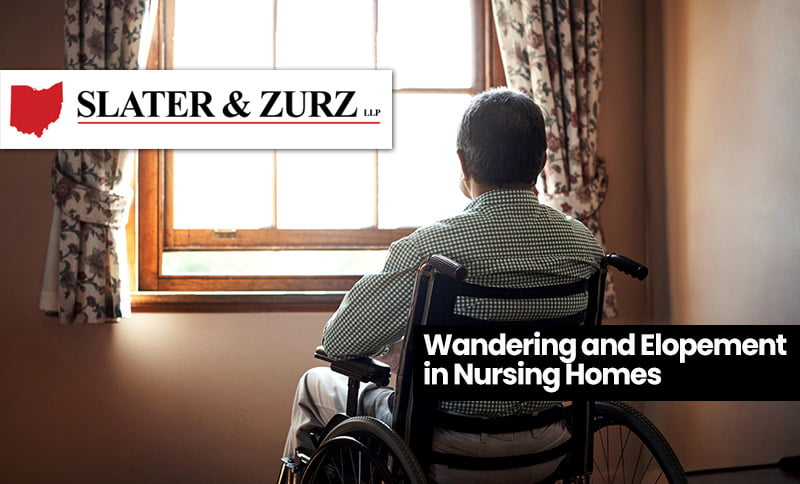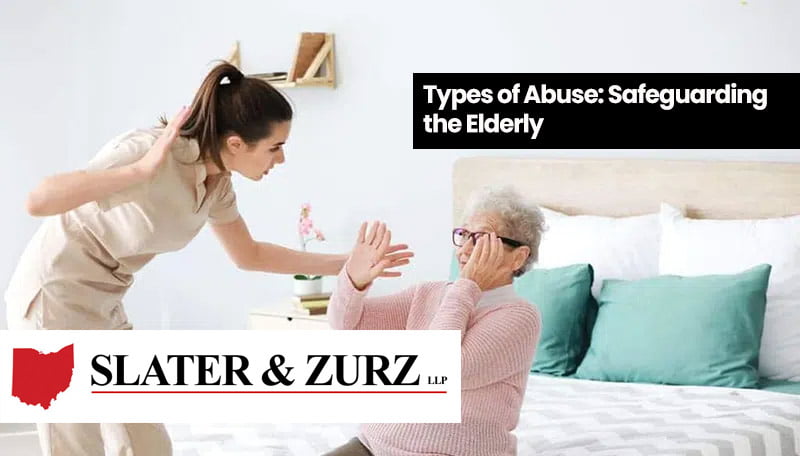
Though it is often the only option for families, choosing to place a loved one in a nursing home is a difficult decision. Most nursing homes and long-term care facilities provide exceptional care. Their nurses, caregivers, and staff members treat our loved ones with compassion and provide them with the care they need and deserve. Unfortunately, there are times when those who we trust to take care of our loved ones are the ones who ultimately cause them mental, emotional, or physical harm.
When choosing a nursing home for your loved one, it is crucial to keep the following warning signs in mind.
Suppose your loved one is currently in a nursing home, and you suspect they may be a victim of nursing home abuse or neglect. In that case, we urge you to immediately contact our nursing home abuse lawyers to arrange a FREE, confidential consultation.
Call 888.534.4850 to speak to a nursing home abuse attorney in Ohio.
15 Warning Signs
High Employee Turnover
When a facility has a high employee turnover rate, it is likely negatively impacting the quality of care offered to its residents. High staff turnover may also indicate overworked or unsatisfactory working conditions, directly affecting the quality of care that would ultimately be provided to your loved one.
1. Negative Reviews
Be sure to read reviews of the nursing home. The reviews will provide valuable insight into the reviewers’ experiences at the nursing home and detail potential areas of concern. Contacting the local agencies inspecting and licensing nursing homes is also helpful. It should raise a red flag if they have a record of numerous complaints and investigations.
2. Limited Staffing
Residents don’t receive adequate care and attention when a nursing home is understaffed. In addition, when employees are overworked, they can quickly become stressed and overwhelmed, which may cause them to lash out and verbally or emotionally abuse the residents. An excellent way to look for understaffing is to note how many residents are still in bed in the late morning. If many residents are still in bed at that time, it is an excellent indicator that there is not enough staff to tend to the needs of the residents properly.
3. Long Response Times
When visiting a nursing home or other long-term care facility, pay close attention to whether the residents’ needs and requests are addressed promptly. If it takes staff members a long time to either respond to or address the resident’s needs, it is a vital warning sign that the facility is either understaffed or the caretakers lack concern for the residents’ needs.
4. Restricted Visiting Services
Nursing home residents have the right to have visitors during regular business hours. Suppose a nursing home or other long-term care facility restricts a resident’s visiting hours or a family is denied visitation or access to their loved one. In that case, there is a considerable chance the nursing home is attempting to hide poor conditions or care practices.
5. Staff Speaks Negatively About Facility Residents
If you overhear staff members speaking negatively about the facility’s residents, it likely indicates a lack of respect and commitment to their health and well-being. If an employee is witnessed speaking down to residents, it may also be a sign that residents may be at risk of experiencing mental or verbal abuse at the hands of their caretakers.
6. Unclean Or Unsanitary Conditions
During your tour, note the overall cleanliness of the facility. Unsanitary bathrooms, cluttered hallways, wet or dirty floors, unsanitary kitchens, and residential dining areas, and the presence of rodents and bugs place nursing home residents at risk for illness and injury. Dirty conditions also indicate the care one can expect their family member to receive while residing at the facility.
7. Poor Hygiene
If you are in the process of screening potential nursing homes, be sure to observe the residents’ hygiene closely. Do they smell of urine or feces or have body odor? Are their nails untrimmed, is their hair dirty, or are they wearing dirty clothes? If the answer is yes to any of these, the caregivers are not providing sufficient personal care, bathing, or assistance in toileting.
8. Poor Communication With Family Members
When family members discuss their concerns with the nursing home caregivers or the facility’s management and those concerns are met with a lack of concern or attentiveness, this is a significant warning sign. If they don’t take concerns seriously by ignoring them or providing only vague responses, the facility might not be where you should entrust your loved one’s care. It is always good to ask residents and their families to share their experiences while touring a nursing home.
9. Injured Or Unresponsive Residents
Injured residents can indicate the presence of unsafe living conditions, caregiver neglect, or may even be a sign of physical abuse. Additionally, if many residents appear to be unresponsive, it may show that the facility is administering antipsychotic or other medications to sedate or otherwise control residents. Drugging a resident is often used as a substitute for providing sufficient care.
10. Limited Resident Activities
Participation in activities is essential to your loved one’s overall well-being. Social interaction with other residents can improve their mental health and help to eliminate feelings of isolation and depression. Activities give structure to their days, which helps them feel safe and gives them something to look forward to and a renewed purpose in their lives. When facilities don’t offer enough engaging activities to their residents, their quality of life is at risk.
11. Loud Facility
Nursing home residents have the right to live in a peaceful environment free of deafening noises. The facility must provide residents with a comfortable living environment if they hear loud noises, such as loud equipment or unanswered phones. Their noisy surroundings may greatly disturb their ability to get enough sleep or cause them to feel stressed or anxious.
12. Poor Food Quality
Nursing homes are responsible for providing adequate and nutritious meals to their residents that must conform to any special dietary needs. Residents may need more food to eat. Or if the food doesn’t taste good regularly, residents may choose not to eat the food provided. Poor food quality or insufficient food quantity can lead to malnutrition and significant weight loss.
13. Lack Of Privacy
Residents of nursing homes also have the right to privacy. This right extends to all aspects of their care, including their personal needs, visits with their family and friends, and all telephone and mail communication. Residents must also have access to private areas where they can make phone calls or visit with others. Failure to provide residents with their rightful privacy can seriously affect the facility and staff.
14. Lack Of Knowledge Among Staff Members
If you are considering a particular nursing home, ask their management, caregivers, and other staff members questions about the care they provide. If you receive vague answers or incorrect information, this may indicate a lack of proper training.
15. Unsafe Conditions
Unsafe conditions in a nursing home can pose a threat of serious injury to its residents. Dangerous conditions include:
- Wet floors
- Uneven surfaces
- Inadequate security
- Obstructed walkways
- Poorly lit hallways
- Defective equipment
- Inadequate handrails in bathrooms
Choosing A Facility That Is Right For Your Loved One
When choosing a nursing home to adequately and compassionately care for your loved one, it is essential to do your due diligence. Don’t be afraid to ask the questions necessary to protect and preserve your loved one’s health and happiness. Thoroughly research each potential facility to ensure they consistently receive the care they need and deserve.
If any of the warning signs detailed in this article are present, strongly consider choosing another facility that is absent of any red flags.
Nursing Home Abuse Attorneys In Ohio
To learn more about choosing a nursing home facility that is right for your loved one, or if your loved one is currently in a nursing home and you suspect they may be the victim of abuse or neglect, we highly recommend contacting our legal team at Slater & Zurz.
Our nursing home abuse lawyers have decades of experience protecting the rights of those residing in Ohio nursing homes and other long-term care facilities. We ensure our loved ones are treated with dignity and respect and are afforded their right to live in a healthy, safe environment and be properly and adequately cared for.
Contact us today to arrange your FREE confidential consultation. You can reach us at 888.534.4850 or online. We are here for you 24 hours a day, seven days a week.





